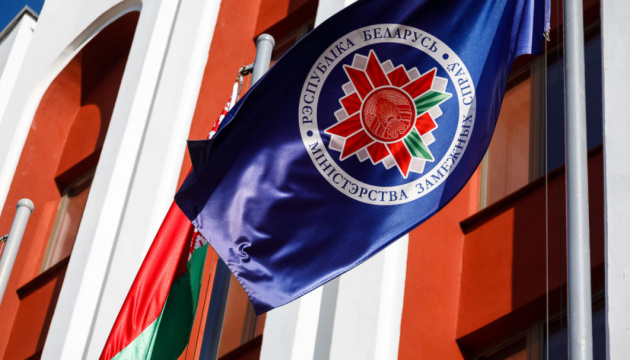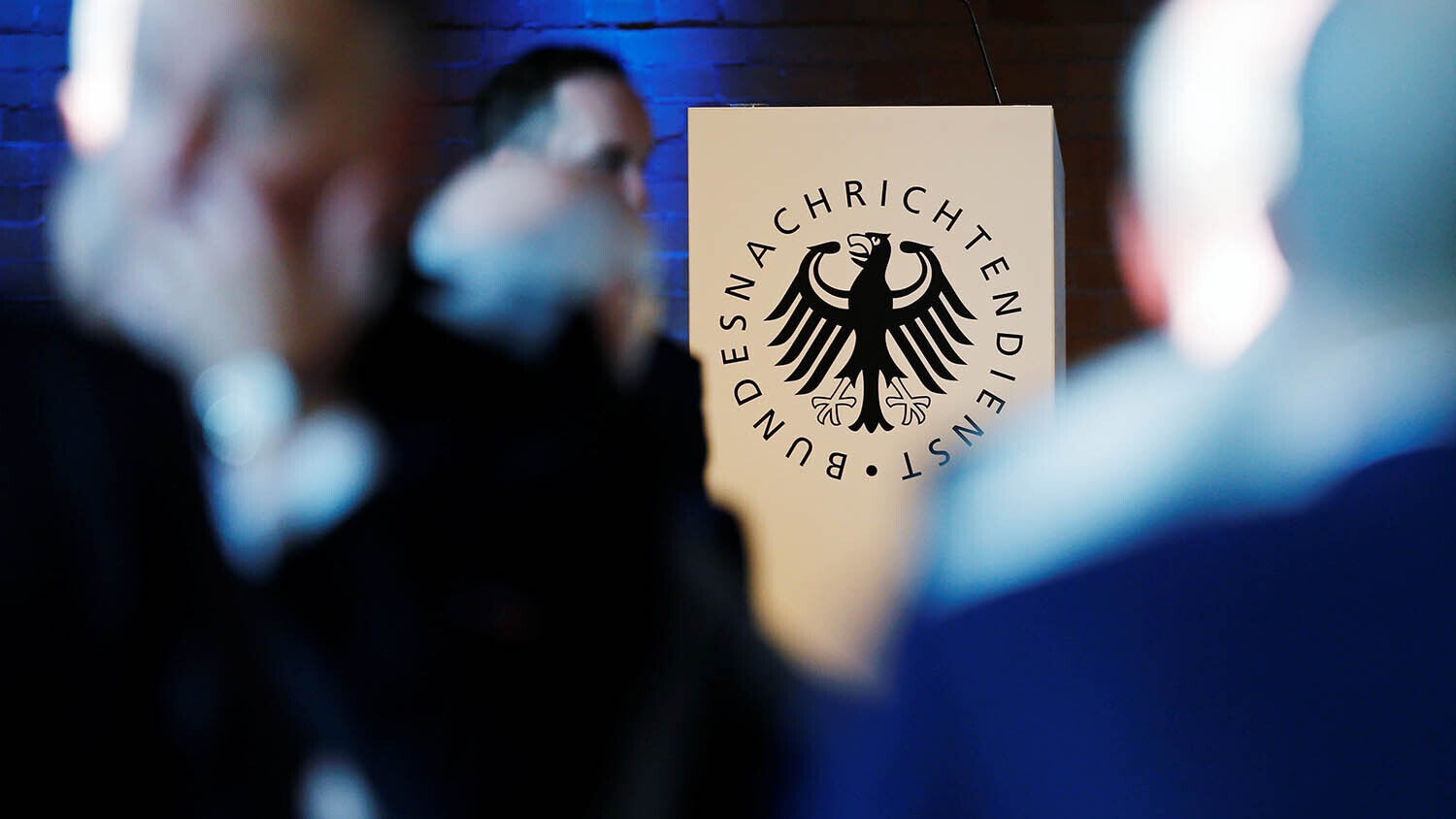For the first time since 2021, a meeting of Belarusian diplomatic mission heads was held in Minsk. Officially framed as a strategy session to adjust foreign policy in light of global instability, the true purpose was more pragmatic: finding ways for economic survival under increasing Western sanctions.
During the event, Lukashenko issued a clear directive — the country’s diplomatic service must now deliver measurable economic returns. "The economy is limping, and exports are in trouble," he admitted.
According to data from January–May 2025, total exports of goods and services increased by only 0.4% year-on-year, while imports rose by 3.3%. This drove the trade balance deeper into the red, surpassing a deficit of $770 million — nearly four times more than in the same period of 2024. A key issue is the export of goods, which declined by 3.1%, compared to a 2% increase in imports.
Even in Russia, Belarus's main trade partner, Minsk is losing ground. Deliveries of machinery and vehicles — including tractors, combines, and passenger cars — to the Russian market dropped by $320 million over five months.
Despite mounting economic difficulties, Lukashenko continues to exploit diplomacy as a tool for geopolitical maneuvering. Minsk seeks to portray sanctions as ineffective and hints at the potential release of political prisoners in exchange for concessions.
Russia remains Belarus’s primary ally, but even close ties with the Kremlin are not enough to shield the country from structural imbalances. Belarusian goods are being squeezed out of major markets in the EU, Africa, and Asia, largely due to secondary sanctions targeting fertilizers, metals, and steel.
According to Ukraine’s Foreign Intelligence Service, a reshuffle of the Belarusian diplomatic corps is expected soon. Less loyal and independent diplomats are likely to be replaced by figures more tightly aligned with Lukashenko. This signals a shift in the role of the Foreign Ministry — from a traditional diplomatic institution to a transactional tool focused on propping up the regime’s economic survival under international isolation.





















